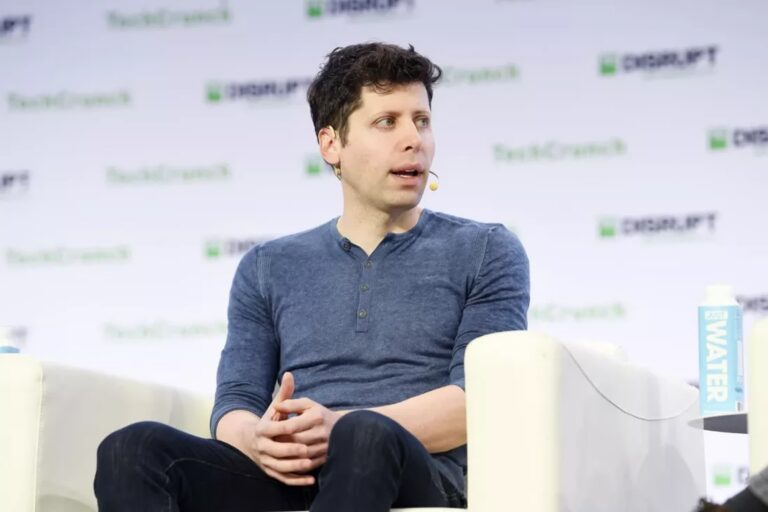
[ad_1]
Why it matters: OpenAI CEO Sam Altman does not own any equity in the wildly popular company. This could be seen as a serious misstep, considering its valuation at more than $80 billion. However, Altman also happens to have a finely-honed eye for great investments, which is how he reached billionaire status and landed on Forbes’ list of the world’s richest people.
It was only a matter of time before Sam Altman landed on this year’s Forbes list of the world’s richest people, after the publication determined that he is a billionaire. In fact, if you were unacquainted with OpenAI’s corporate structure, you could be excused for being surprised that it took him this long to reach this exalted status. After all, Altman has become a de facto celebrity amid the explosion of interest surrounding generative AI.
But Altman has repeatedly stated that he holds no equity in OpenAI, which is a pity for him considering it is valued north of $80 billion. As it turns out, besides being one of the driving forces behind the democratization of AI, Altman is also one savvy investor.
Forbes reached this conclusion after sifting through more than a dozen regulatory filings and speaking with over a dozen people familiar with Altman’s investments to determine his net worth. As Reid Hoffman, LinkedIn co-founder and former longtime OpenAI board director, told the publication, “Sam is very comfortable taking the big bet.”
Forbes found that the bulk of Altman’s wealth comes from startup investments, which in his early days included YC companies, Reddit, and Stripe. More recently, those big bets have encompassed nuclear energy company Helion and longevity startup Retro Biosciences.
Forbes estimates that Altman’s share of the funds through which he made some of these investments – a group that includes Hydrazine Capital and Apollo Projects – totals about $145 million. He’s also invested directly in these companies as well, accounting for another $555 million, according to Forbes. He additionally owns about $90 million of real estate in California and Hawaii.
Altman declined to speak with Forbes for the article, but he has left signs of his investment abilities here and there online for years.
i just invested in reddit, and am about to do an AMA about it. http://t.co/P2b6R3IjRX
– Sam Altman (@sama) September 30, 2014
For instance, in a blog post dating back to 2014, Altman wrote that he started seed investing in 2010, backing about 40 companies, of which five have a current value of ~100x or more, based on the valuation of the last round or offer.
He then shared his theory on what these particular investments have in common and what sets them apart from others. “The most striking observation is that, in my experience, the ‘hot seed rounds’ that everyone is fighting to get into are inversely correlated with very successful investments.” Meanwhile, the seed investments he’s made that were highly contested have underperformed, he said.
“For all of the really good seed investments I’ve made, other investors I respected thought they were bad ideas.”
[ad_2]